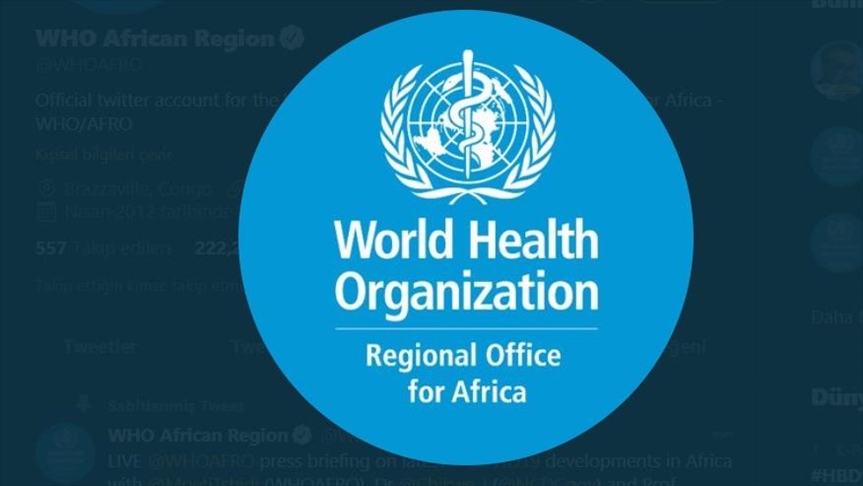By Muhammad Amaan
As the 2025 World Immunisation Week begins today, the World Health Organisation (WHO) has decried the low immunisation coverage rate in Africa, revealing that one in every five children remains under-vaccinated.
World Immunisation Week, celebrated between April 24 and 30 annually, aims to highlight the collective action needed and to promote the use of vaccines to protect people of all ages against disease.
The theme for this year’s annual event is “Immunisation for All is Humanly Possible.”
WHO’s Acting Regional Director for Africa, Dr Chikwe Ihekweazu, in a statement to mark the annual event, stressed the urgent need for African leaders to intensify efforts to expand access to vaccines.
“Immunisation is not only one of the most effective public health tools; it is a fundamental right, a shared responsibility, and a vital investment in our future,” Ihekweazu said.
He noted that vaccines have saved an estimated 154 million lives over the past 50 years, leading to a 40 percent reduction in infant mortality and providing protection against more than 30 deadly diseases.
Dr Ihekweazu, however, expressed concern that despite these successes, millions of African children still lack access to basic immunisation services.
He revealed that in 2023 alone, 6.7 million African children received no vaccines at all, falling into the category of “zero-dose” children.
The continent continues to battle measles outbreaks and the lingering threat of vaccine-derived poliovirus.
The WHO says Nigeria ranks first in the top 20 zero-dose countries list of 2022, with over 2.3 million estimated zero-dose children, about 16 per cent of the global total.
This is according to the 2023 results report of the achievement of key public health milestones, even amid greater global humanitarian health needs driven by conflict, climate change, and disease outbreaks.
Zero-dose children are defined as those who lack access to or are never reached by routine immunisation services.
“The country also has the largest number of zero-dose children impacted by conflict. The Government of Nigeria rightly prioritised reaching communities with a high burden of zero-dose children in its National Strategy for Immunisation and Primary Health Care System Strengthening.
“The goal is to reduce the number of affected children by at least 80% by the end of 2028,” the report added.
This year also marks the midway point of the Immunization Agenda 2030 (IA2030) – a global commitment to achieving equitable vaccine access for all by the end of the decade.
WHO has called for accelerated efforts to expand immunisation coverage and close existing immunity gaps.
“WHO and partners are working closely with countries to identify and reach zero-dose children, integrate immunisation into primary health care, and build stronger, more resilient health systems,” he added.
Significant milestones have been achieved in the fight against vaccine-derived polio.
The African region recorded a 93% drop in cases of circulating variant poliovirus type 1 (cVDPV1) and a 65% reduction in cVDPV2 cases between 2023 and 2024, according to WHO, raising hopes of eventual eradication if current momentum is maintained—especially in high-risk zones like the Lake Chad Basin and the Horn of Africa.
In February 2025, a high-level side event hosted by WHO, the African Union Commission, the Government of Sierra Leone, Africa CDC, Gavi, and UNICEF reviewed the continent’s progress since the 2017 Addis Declaration on Immunization.
WHO reiterated its commitment to ensuring every child, in every community and country, has access to lifesaving vaccines, stressing that immunization remains the bedrock of public health and a powerful shield against preventable diseases.




